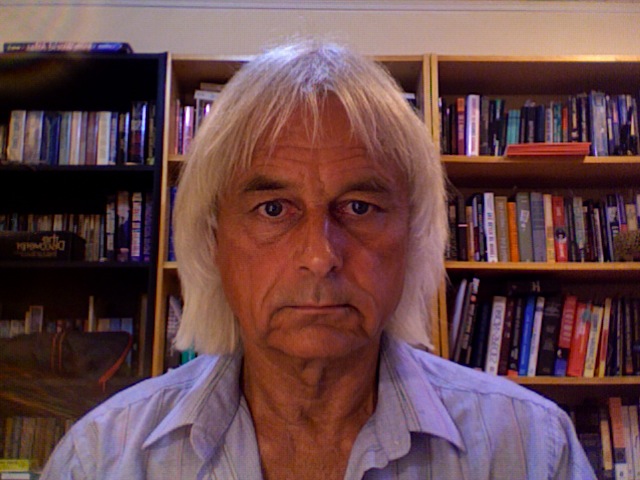The Great Unbinding Part 3.1
Macroeconomics is emerging from a long fog and rediscovering the basic features of economic reality. We buy and sell stuff for money in a money economy; we do not trade stuff for other stuff in a barter economy. The real productive economy does not produce its own money. Commercial banks operate the private monopoly that creates all the credit/debt that functions as "the money" in our money economies.
The real economy is a value-adding enterprise that produces all the real stuff. Credit-debt is a zero sum accounting equation that exists on banking system balance sheets.
There is a fatal mismatch between our value-adding real economy and the zero sum money system it has been shackled with. Monetary reformers seek to unbind the positive sum real economy from its zero sum monetary straightjacket, by adding positive sum money into the economy.
The complex money economy that keeps us alive trundles along a claptrap financial bridge made of uncollectable credit suspended over a yawing chasm of unpayable debt. "Moderate" monetary system reformers seek to salvage the collapse-prone bridge by using Positive Money to reduce the unbearable weight of debt.
In Part 2 we looked at "radical" monetary system reform: total change of the kind of money we use. At present we use commercial bank-issued credit/debt as money. Radical reformers in the Irving Fisher - Milton Friedman - Benes/Kumhof tradition advocate wholesale conversion from bank issued debt-money to government issued positive money. From using zero sum bank credit as money, to using expandable sum government money as money.
Radical reform would replace the bridge-over-chasm credit/debt system with a road-over-solid-ground positive money system. But the bridge operators (bankers) have a swell racket going -- controlling economic traffic and charging tolls for using their credit bridge -- and they vigorously resist reform that would cut them out of the action. When some nation (like Libya) tries to build their own money-road to bypass the bankers' credit-bridge, the bankers blow up the road.
Next Page 1 | 2 | 3 | 4 | 5 | 6 | 7
(Note: You can view every article as one long page if you sign up as an Advocate Member, or higher).






